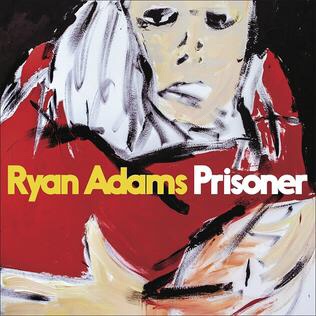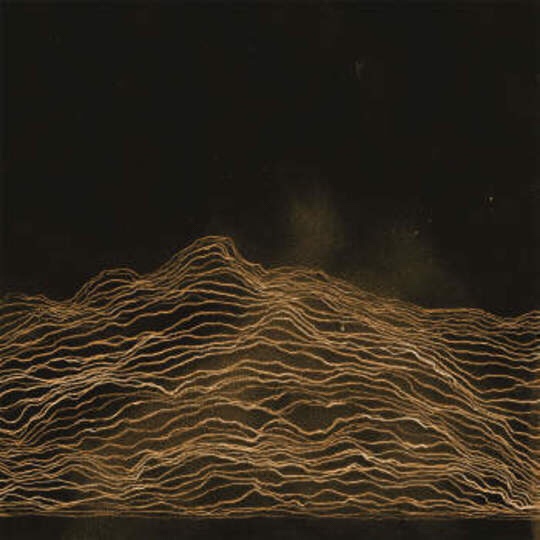
I think it’s rather sad that I feel I have to defend including Taylor Swift in my top ten albums of the year: it appears here with no apology.
I have two daughters, and I’m acutely aware of their need for strong role models – like Taylor Swift – as they navigate their way through the complexities, prejudices and injustices of the world. Even at the tender ages of 11 and 9, Swift speaks to them in a way that other quarters of the pop world don’t, and so they fully embraced the hype around Reputation when it was being readied for release with the same zeal as I would have approached a new Erasure or Depeche Mode album in my youth. As a father, that’s a wonderful thing to see, particular when the artist they’re excited about is earnest and on the right side of the tracks.
The second reason is simple – Taylor Swift’s music brings us closer as a family. This might seem like a bold, overblown statement, but it’s true. We listened to 1989 all the time when it was released – at home, in the car, on long holiday drives; we spent a week driving round Cornwall to the soundtrack of Swift’s Red, complete with all four of us singing along to ‘I Knew You Were Trouble’ and ‘We Are Never Ever Getting Back Together’ and engaging in critical discourse on which of the two was the better track. We’ve done the same with Reputation, engaging in spirited debates on each track like we’re at a Vienna salon at the turn of the twentieth century rather than on the school run.
But what of the musical qualities of Reputation that means it sits so high in this top ten? Well, even a pop novice can hear that these songs are just a little bit removed from the traditional hallmarks of popular music, even if they are squarely framed in a pop context; they are personal, oblique, a little subversive, bruised, angry, disappointed, political, mature and only occasionally completely lighthearted. The album also benefits from the hand of Bleachers’ Jack Antonoff, whose ability to bash out euphoric, massively transformative choruses – as is the case on ‘Getaway Car’ and ‘This Is Why We Can’t Have Nice Things’ here – has made his two solo albums such wonderfully intriguing listens.
I could also start a healthy discourse here on where the electronic music I typically write about ends and the electronics of modern pop music starts, but in practice that’s futile. There’s very little difference, even if people desperately want to believe that’s the case. Synths and clever electronic structures underpin the entire breadth of Reputation and not in a way that suggests pop music is appropriating the best ideas from purportedly more serious endeavours.
It’s a great record, by a great artist. Deal with it.
Listen to Reputation here.
(c) 2017 Mat Smith / Documentary Evidence












